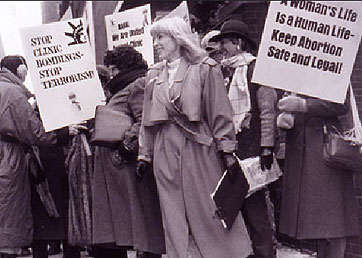Time’s Never Right to Quit, So How About Right Now?
Women are more likely to use smoking as a way to handle stress, says Sherry McKee, and quitting itself is stressful. While she researches gender differences in the physiology of quitting, she also urges women to just keep trying.



